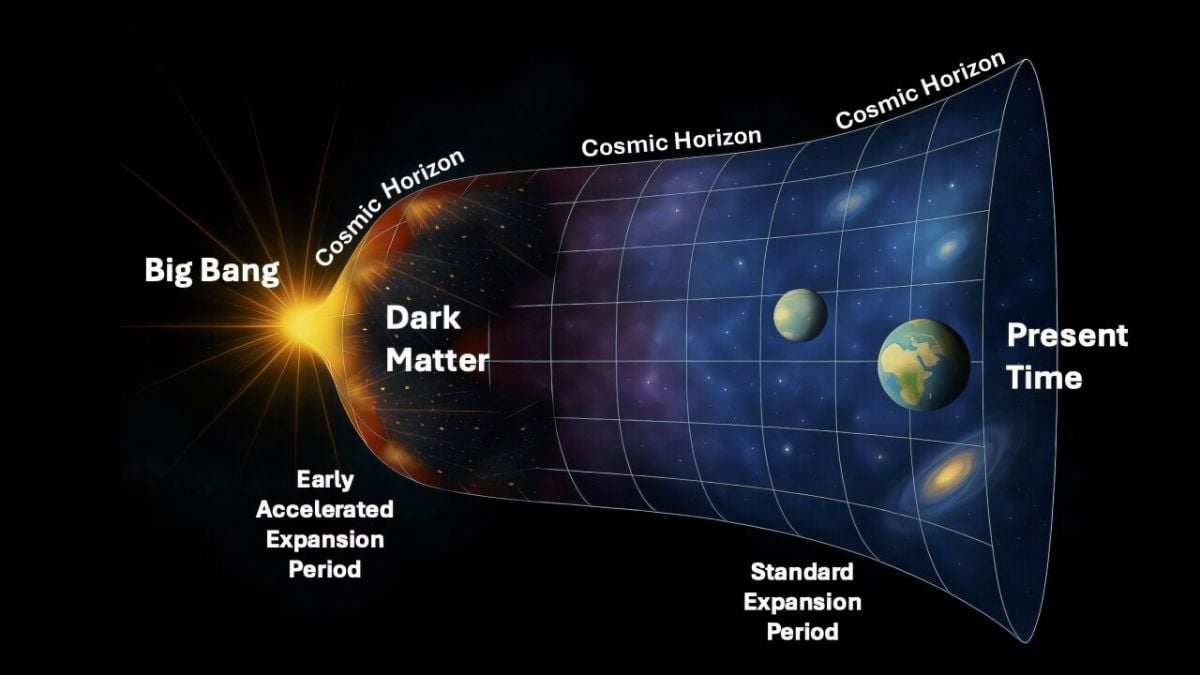On September 11, 2024, Earth reached a new milestone in space travel, with a record 19 people currently orbiting our planet. This new record was set when a Russian Soyuz rocket launched three new astronauts towards the International Space Station (ISS). The previous record of 17 was set last year. This significant increase in human presence in space highlights the growing activity and collaboration in the realm of space exploration.
Soyuz Launches New Crew
The Soyuz mission took off on September 11, 2024, carrying NASA astronaut Don Pettit and Russian cosmonauts Alexey Ovchinin and Ivan Vagner. Their arrival at the ISS is expected to take place around 3:30 p.m. EDT (1930 GMT) on the same day.
This trio joins the existing nine astronauts aboard the ISS, including NASA’s Michael Barratt, Tracy Caldwell-Dyson, Matthew Dominick, Jeanette Epps, Barry Wilmore, and Suni Williams, along with cosmonauts Nikolai Chub, Alexander Grebenkin, and Oleg Kononenko.
International and Private Space Missions
Currently, three astronauts are residing on China’s Tiangong space station: Li Cong, Li Guangsu, and Ye Guangfu. Additionally, four astronauts are on the Polaris Dawn mission aboard a Crew Dragon capsule. This mission, which began on September 10, 2024, aims to set new records in private space exploration, including a planned spacewalk by Jared Isaacman and Sarah Gillis on September 12, 2024.
Records and Milestones
The record for the most people in space at one time was 20, set briefly in May 2023 and then again on January 26, 2024. This record was achieved when six space tourists joined 14 astronauts in orbit. For those who consider the Kármán line as the boundary of space, the record for most people in space remains at 19, tied by the Soyuz launch and Blue Origin’s suborbital New Shepard mission on December 11, 2021.
This achievement reflects the growing pace of human space exploration and international cooperation in orbit.


















